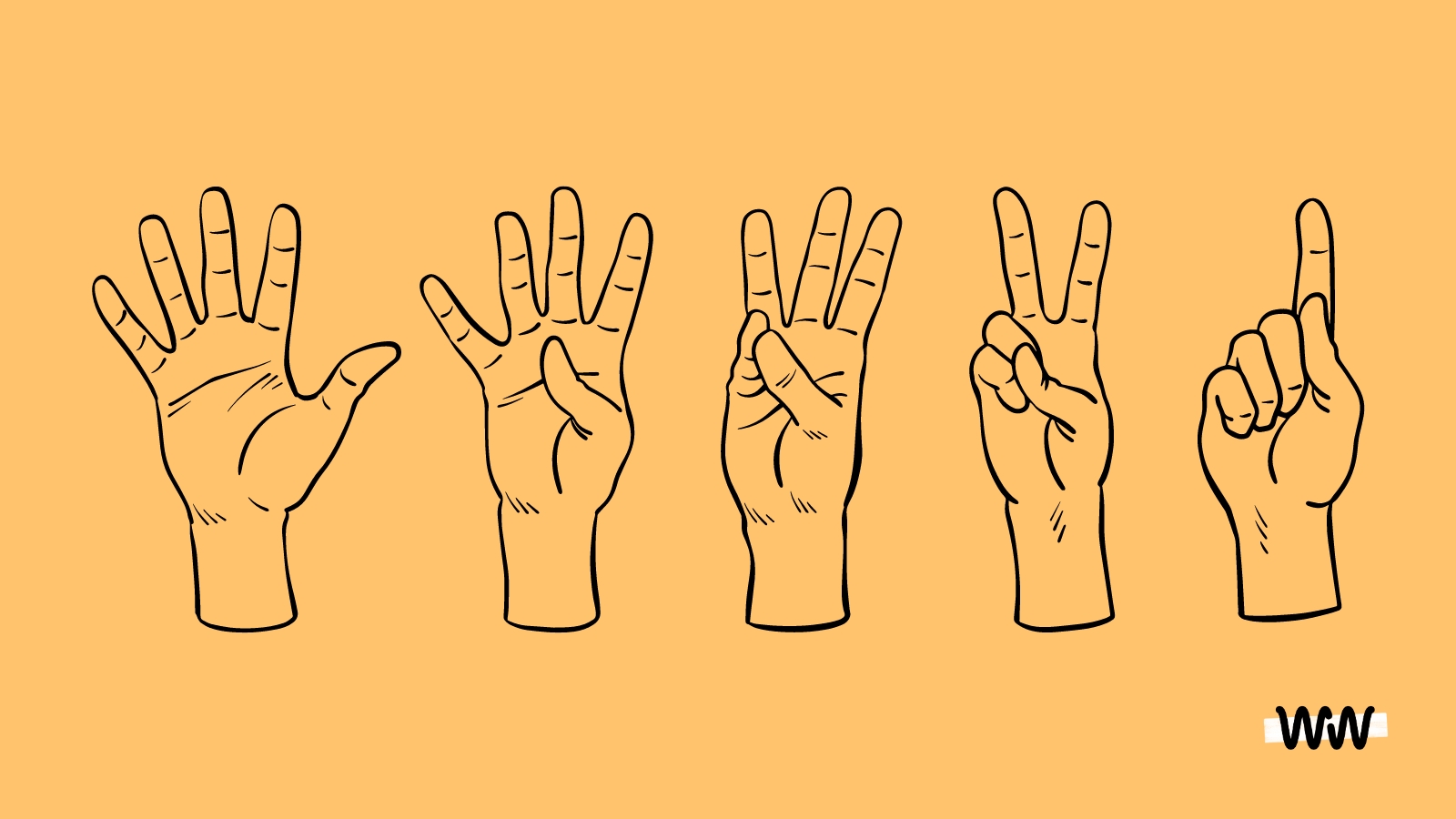Ways to manage anxious thoughts and feelings
It’s not uncommon to experience many anxious thoughts and feelings following a bereavement, in fact it is almost to be expected. Grief can feel paralysing, especially in the early stages, and you may feel that you have lost your sense of safety and control in life.
What might you be anxious about?
You may start to worry that something bad is going to happen but not know what or why. You may notice yourself worrying about your own or a loved one’s health.
You may also have anxieties about what will happen to you following a bereavement – will you need to change schools to move house? Will people act differently around you? How will you tell people what has happened? You may be worried about finances and feel anxious about the level of stress on other people in your family following a bereavement.
If you experienced anxiety before a bereavement, often young people find that it becomes worse after someone has died.
Ways to manage anxiety
Anxiety after a bereavement may last for many weeks, months and sometimes years, if you can’t find ways to manage your anxious thoughts. Below, are different ways to manage anxiety that you can try.
It’s especially important to practice these techniques when you are feeling calm, as well as when you are feeling anxious, so that they become second nature to you and help soothe your anxious thoughts when they are in full flow.
Whilst anxiety is a normal part of the grieving process, if you feel your anxiety is affecting your life significantly to the point where you find it hard to do your usual day-to-day activities, then it is important to reach out and seek some professional help and support. For example, you could speak to your GP or a counsellor.
Look after yourself
Grief and anxiety can make looking after yourself difficult. We all need a healthy diet, exercise and sleep to help us to function at our best. Help yourself by trying to eat nutritious foods such as fruit, vegetables and protein as often as you can.
Try to improve your sleep routine. If you are finding sleep hard to come by, because of feeling anxious and overwhelming by your grief, focus on some small changes. These could be:
Talk about your worries
Often, anxious thoughts occur when there is something left unsaid or questions that you need answers to. It is important to recognize when this is happening and seek out the people that can give you those answers and information.
Increasing anxiety can also occur when we are avoiding thinking or talking about our bereavement. Open up to someone you can trust with how you are feeling. Sharing emotions is an important part of the grieving process. If you find it hard to talk about your feelings, perhaps you could write them down and share what you feel able with someone you trust.
You can also contact our team via online chat and talk about how you are feeling to someone at Winston’s Wish – click here for more information.
Strategies to calm your anxious thoughts and feelings

The 54321 technique
If you are feeling very anxious, try sitting in a chair and just notice things around you. One technique for this is called the 54321 technique.
You start by naming things in your head or out loud:
5 things you can see (e.g. the window, your bed)
4 things you can feel (e.g. the shoes on your feet, the chair on your back)
3 things you can hear (e.g. the rain, someone talking)
2 things you can smell or taste (e.g. dinner cooking)
1 thing that helps you feel better (e.g. petting your cat, seeing your friend)
This can help to calm your anxious thoughts by bringing you back to what is around you in the moment.
A helpful sentence
When you are not feeling anxious, think of a helpful sentence that you could say to yourself to help calm you. For example, “I will be ok, I have been ok before and I will be ok now”.
When you notice yourself becoming anxious, look at yourself in the mirror (if there is one to hand) and say your sentence out loud. Try and repeat this sentence not just at times of heightened anxiety but when you are feeling calm, so you start to believe it and can access it more easily when you are feeling worried.
Write down your worries
Writing down your worries can be helpful too. Seeing the things you are worrying about and trying to brainstorm them, can feel like a practical way of breaking them down so they don’t feel so scary. As you are writing, you might find that suddenly you have ideas about how to fix the worry. Some worries might not be fixable, but writing them down or telling them to someone else can really help to reduce the worry.